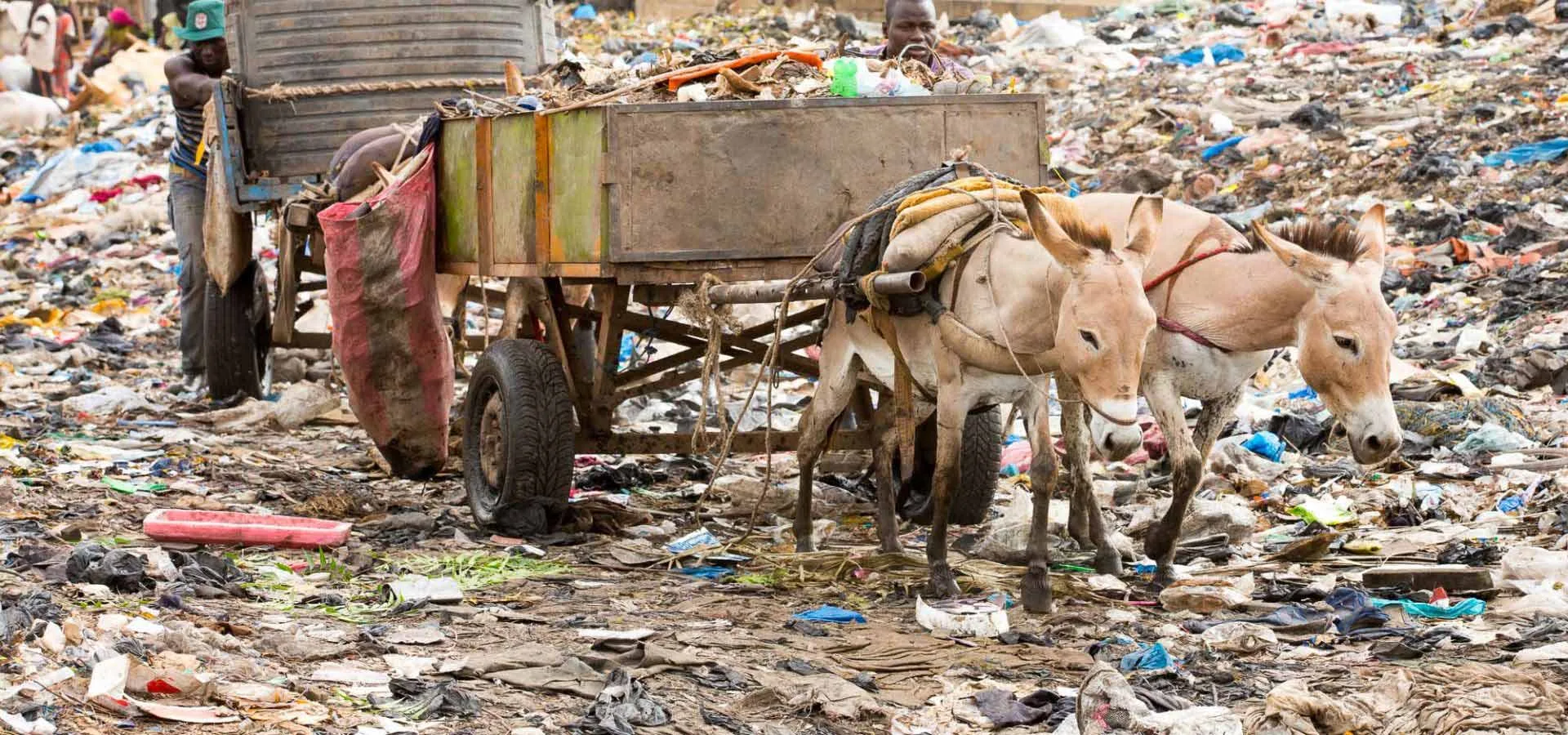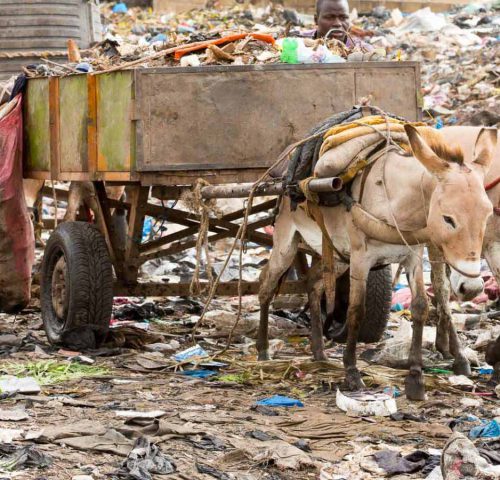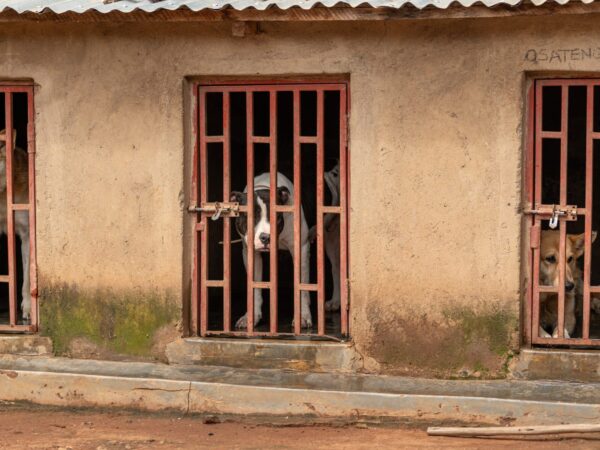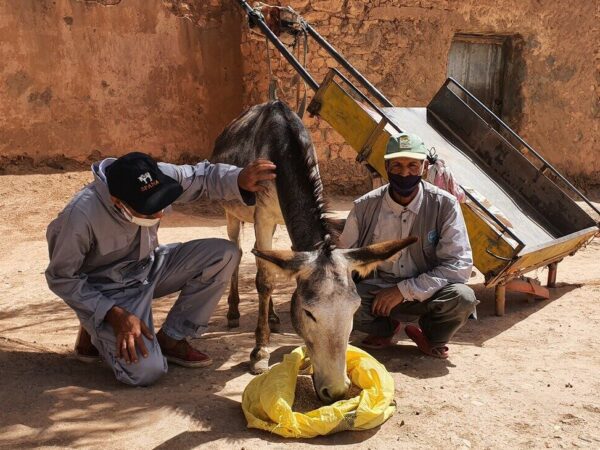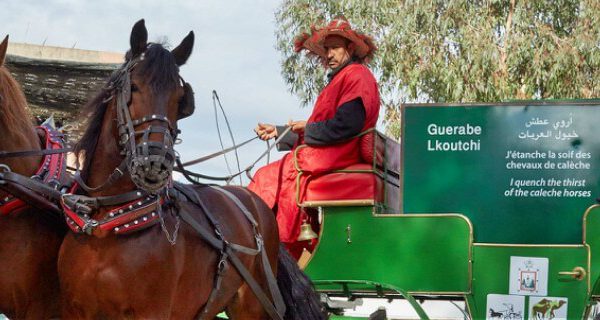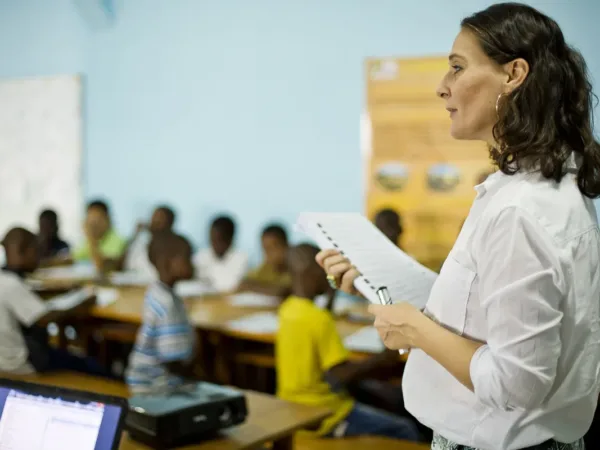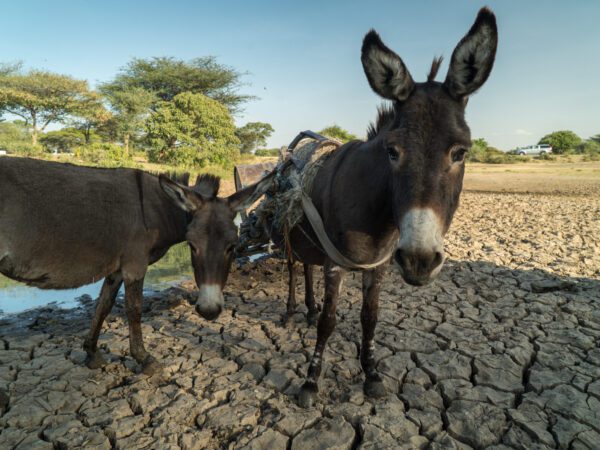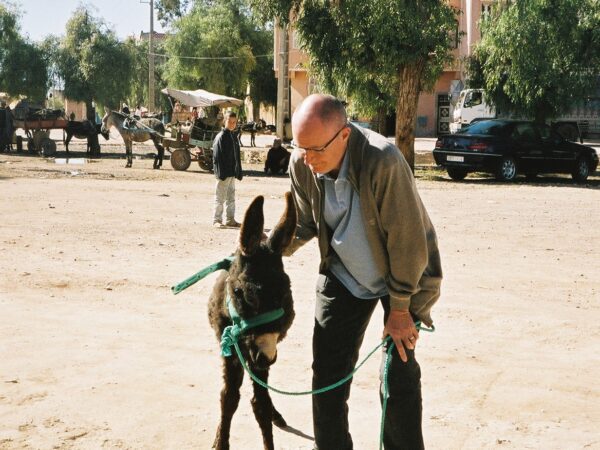Daily life for many families in Mali is dependent on working animals. In this hot, vast country, donkeys and horses work day in, day out – transporting goods, acting as taxis or carrying out vital agricultural work. In Mali’s capital, Bamako, donkeys are used to haul heavy cartloads of waste to the mountainous rubbish dumps across the city. SPANA has been providing essential veterinary care to working animals in Mali since 1996.
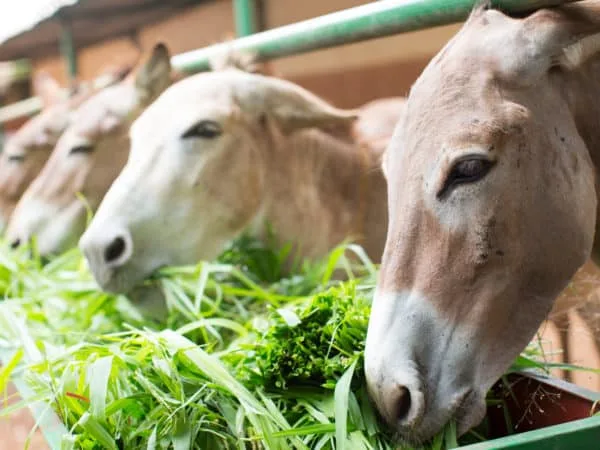
Mali at a glance
- Population: 22.6 million
- Area: 1,240,000 square km
- Location: West Africa
- Capital city: Bamako
- Number of working animals treated in 2024: 29,254
Our work in Mali
In Mali, we operate two SPANA centres and three mobile veterinary clinics. The mobile clinics allow SPANA vets to make regular visits to treat working animals who need our help, including in more remote, rural locations and the rubbish dumps of Bamako. In addition to vital veterinary care, we operate an education programme from our Bamako centre, which helps children to learn kindness and empathy towards animals.
Our team also provides training and advice to working animal owners, so that they know how best to care for their animals and avoid preventable problems.
Working on the ground in Mali means we are able to respond quickly to emergency situations. In 2020, in response to the coronavirus (Covid-19) pandemic, we launched an emergency feeding programme in Mali to provide lifesaving feed, water, shelter and emergency veterinary care to animals in desperate need.
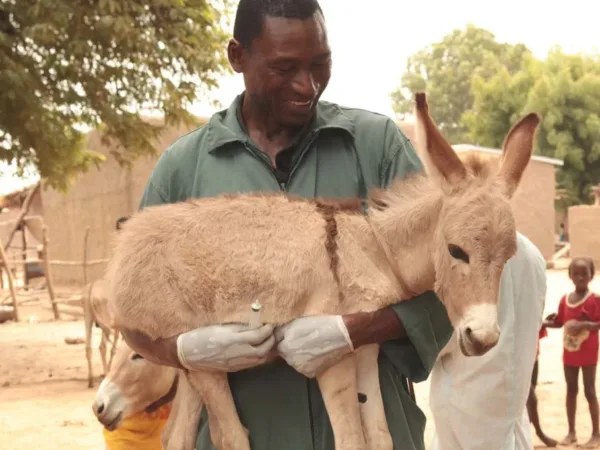
Q&A with Dr Amadou Doumbia, SPANA Mali Country Director
How has the global pandemic affected working animals in Mali?
The pandemic has had a major impact. Because of movement restrictions and social distancing, there have been fewer job opportunities, so the income of working animal owners has greatly decreased. Some owners could barely afford to support their families, or the maintenance and wellbeing of their animals, so they had to look for other work and some animals were abandoned.
What are the most common problems you encounter?
Sadly, we encounter a lot of work-related injuries, such as harness wounds. Back wounds caused by ill-fitting saddle pads account for 50 per cent of our treatment. We distribute humane equipment and do a lot of community training to show owners how to fit harnessing correctly.
Describe your typical working day.
My working day begins by checking, treating and feeding the animals staying at our centre. They have serious injuries or require longer treatment. After that, I go out in our mobile clinic to help the donkeys working at the rubbish dumps. Cases requiring hospitalisation are transported back to the centre, where they are then treated.
What is the most rewarding part of your role?
What I love most about my role is providing assistance to suffering working animals in order to bring them relief. I also enjoy talking to children who visit our centre and answering their questions about animals, so that they can be encouraged to become good animal owners.

